Our first online Physics Colloquium will be given by Hanna Vehkamäki, who will talk to us about the physics of molecular cluster formation in the atmosphere.
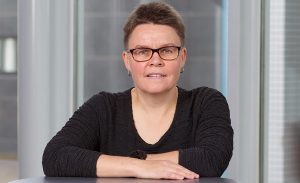
The event will be held, as usual on Friday (24.04.20) at 14:15, on the following University Zoom meeting:
Join Zoom Meeting
https://helsinki.zoom.us/j/67285788599
Meeting ID: 672 8578 8599
Hanna is Professor in Computational Aerosol Physics here at the University of Helsinki, and she is well known in the University to be an excellent and engaging speaker, as well as being an accomplished physicist. In her work, she focuses on computational and theoretical methods to understand cluster and particle formation for atmospherically relevant molecules. She has won several awards including the Finnish Aerosol Research Foundation Distinguished Researcher Award, The NOSA (Nordic Society for Aerosol Research) Aerosologist Award as well as the University of Helsinki Maikki Friberg Award for Promoting Equality.
In her colloquium, entitled Molecular cluster formation in the atmosphere, Hanna will tell us about aerosol particles in the atmosphere, and her work on understanding their formation. This is an important topic for climate modelling and an interesting area of physics.
Here is her abstract:
Roughly half of the particles in the Earth’s atmosphere originate from molecular clustering of gaseous species such as sulphuric acid, ammonia, amines and highly oxidized organic compounds- the other half are emitted to the atmosphere as ready-made particles such as dust and pollen.
Atmospheric particles affect air quality, and cloud formation in our atmosphere always involves particles which act as cloud condensation nuclei. The effect of particles via clouds constitute the largest uncertainty in predicting future climate. The molecular mechanisms for formation of molecular clusters and their growth to atmospheric aerosol particles in the diverse atmospheric conditions are not yet understood. In my presentation will give an introduction to state-of-the-art quantum chemistry based models of atmospheric cluster formation, recent developments in detailed understanding of the experiments used to study these clusters, and discuss the agreement between theory and experiments.
In the spirit of our usual cocktail reception, we encourage all attendees to join us with a glass of sparkling wine. Cheers!

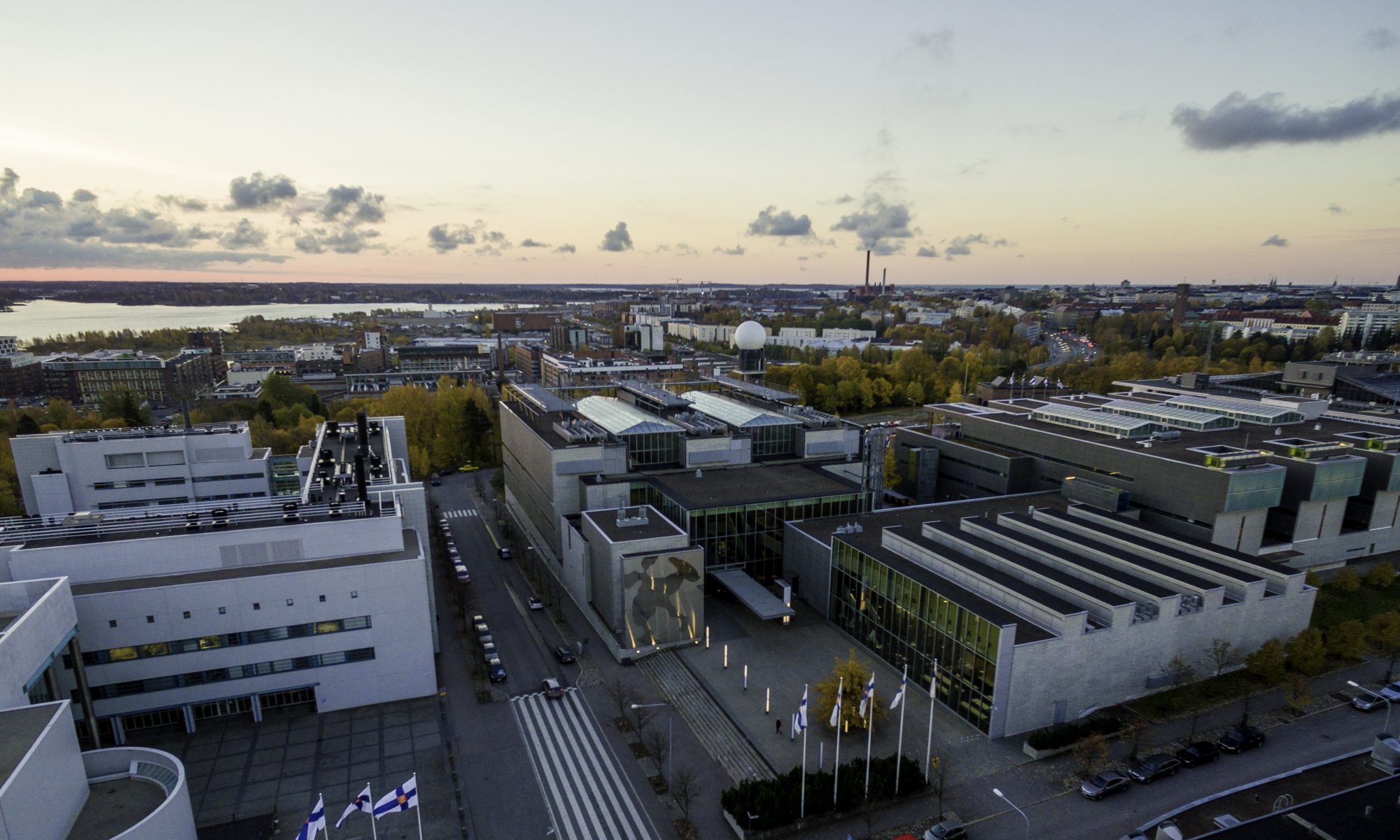
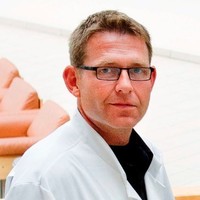
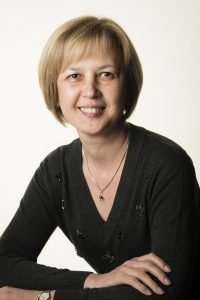 eason will be the inaugural lecture of a new full professor in our department, Flyura Djurabekova.
eason will be the inaugural lecture of a new full professor in our department, Flyura Djurabekova.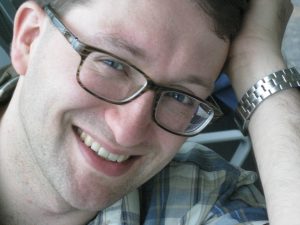 erimental Materials Physics here in Helsinki. In his research, he focuses on the development and applications of positron annihilation spectroscopy for studying the atomic-scale structures of materials for future technologies.
erimental Materials Physics here in Helsinki. In his research, he focuses on the development and applications of positron annihilation spectroscopy for studying the atomic-scale structures of materials for future technologies.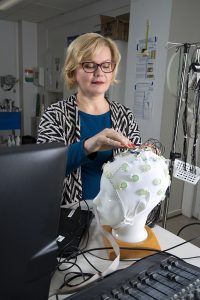 Our next colloquium will take place on 1st November 2019. Our speaker will be Professor Minna Huotilainen, from the Cognitive Brain Research Unit of the University of Helsinki. She is a researcher in psychology and cognitive science, working in particular on the development of human cognition. Her research interests include for example the role of music and sounds on brain development, and how to optimise brain work and its recovery. She is the author of a popular science book on brain research and its applications to education and learning, Näin aivot oppivat.
Our next colloquium will take place on 1st November 2019. Our speaker will be Professor Minna Huotilainen, from the Cognitive Brain Research Unit of the University of Helsinki. She is a researcher in psychology and cognitive science, working in particular on the development of human cognition. Her research interests include for example the role of music and sounds on brain development, and how to optimise brain work and its recovery. She is the author of a popular science book on brain research and its applications to education and learning, Näin aivot oppivat.